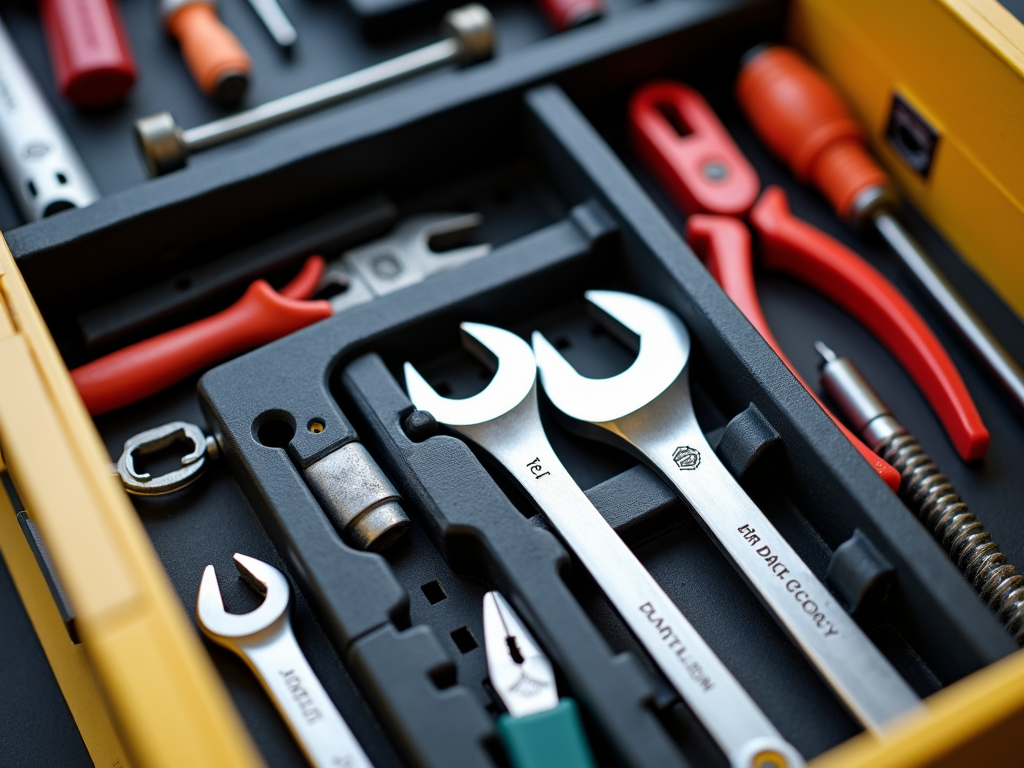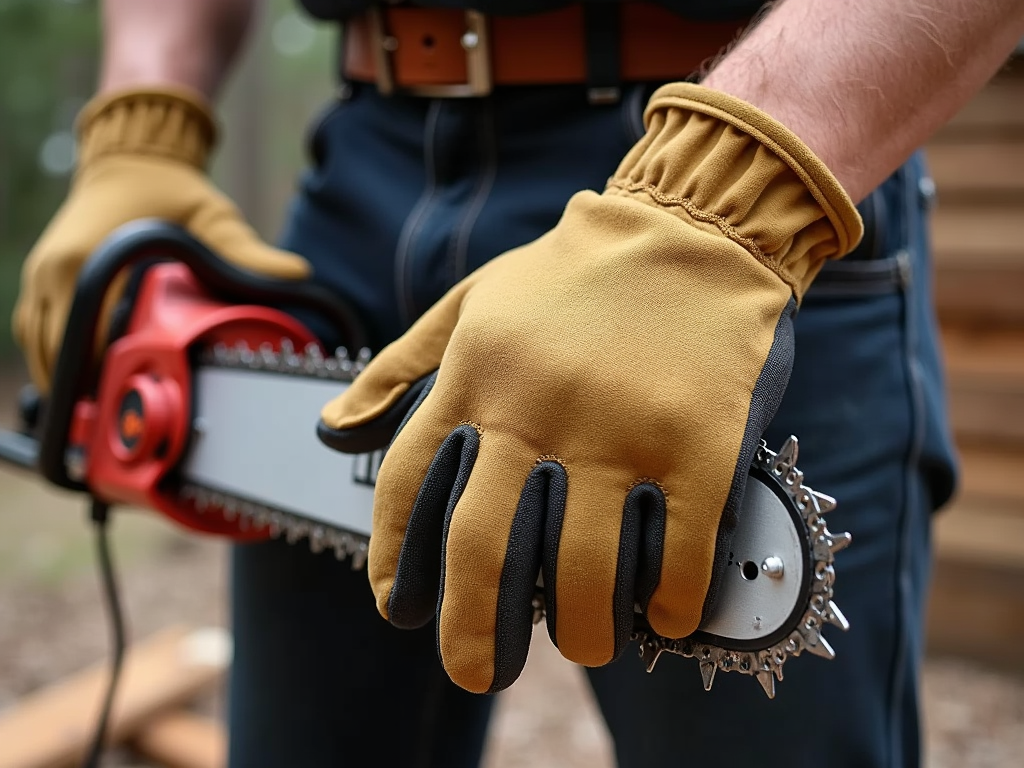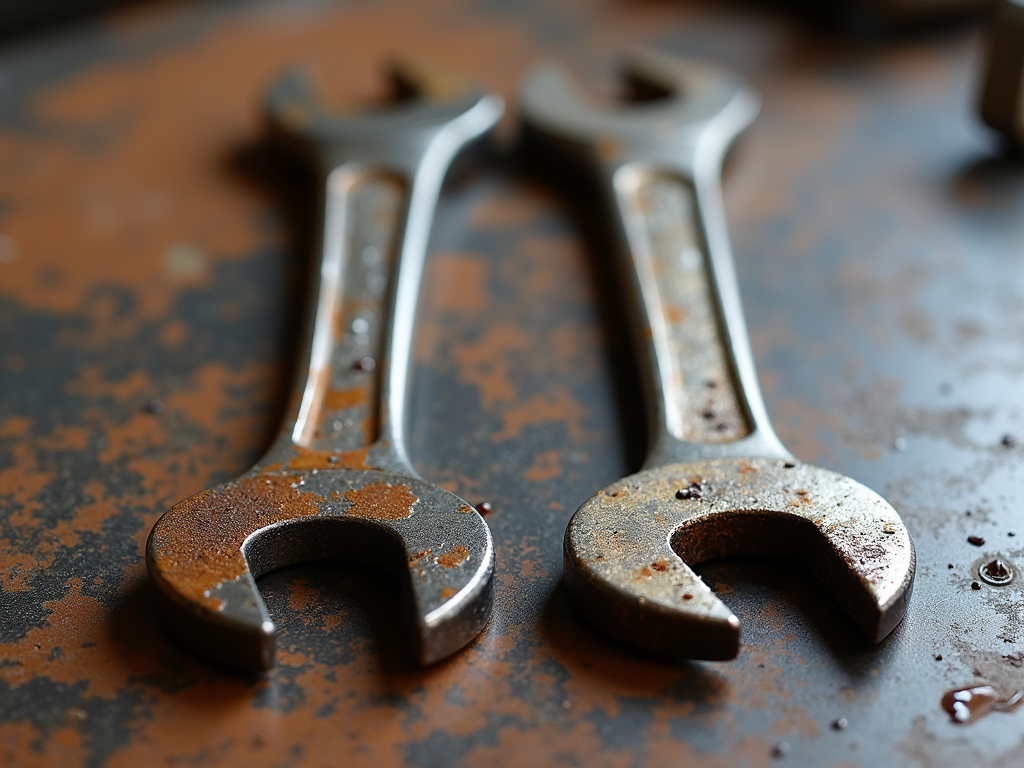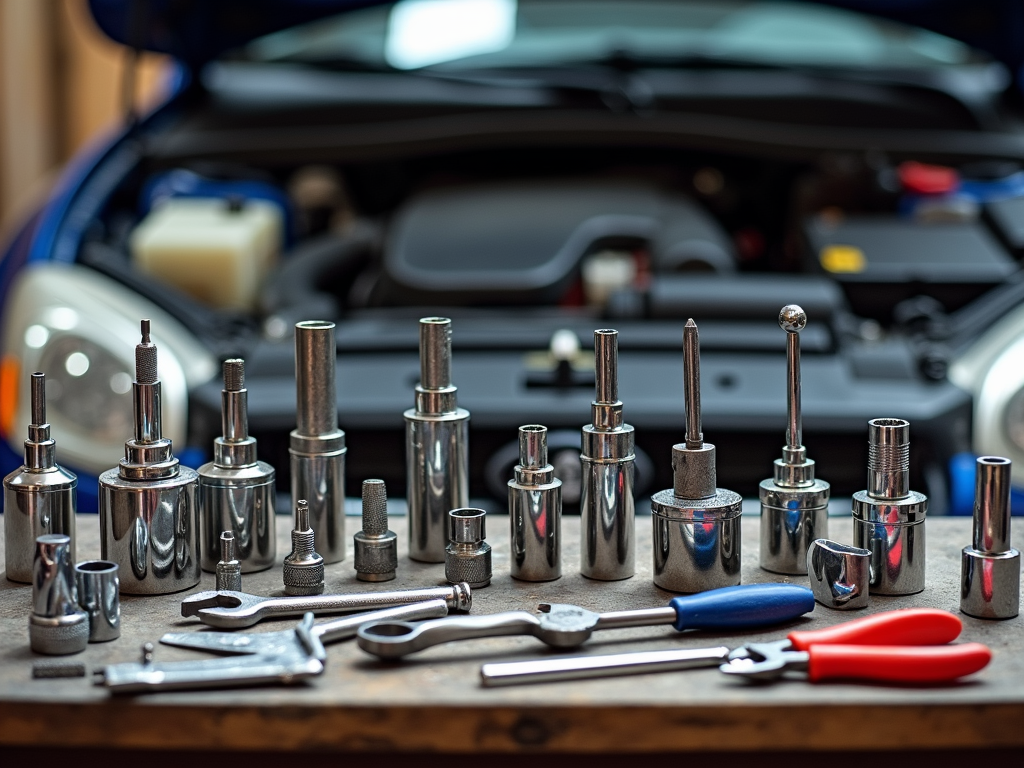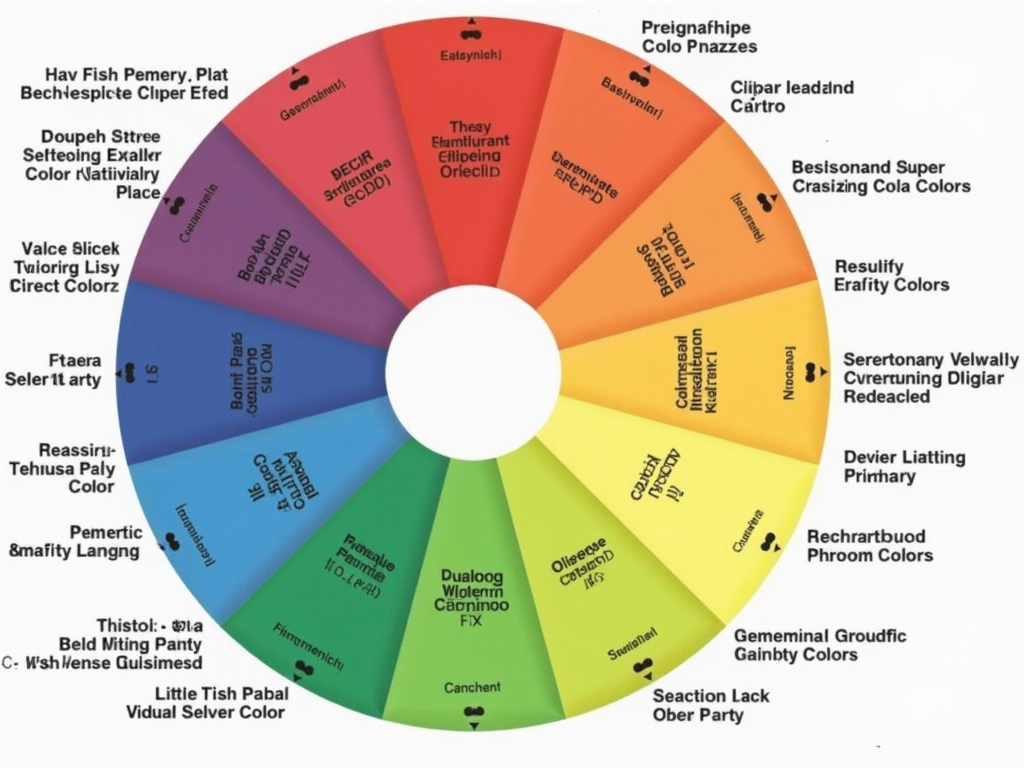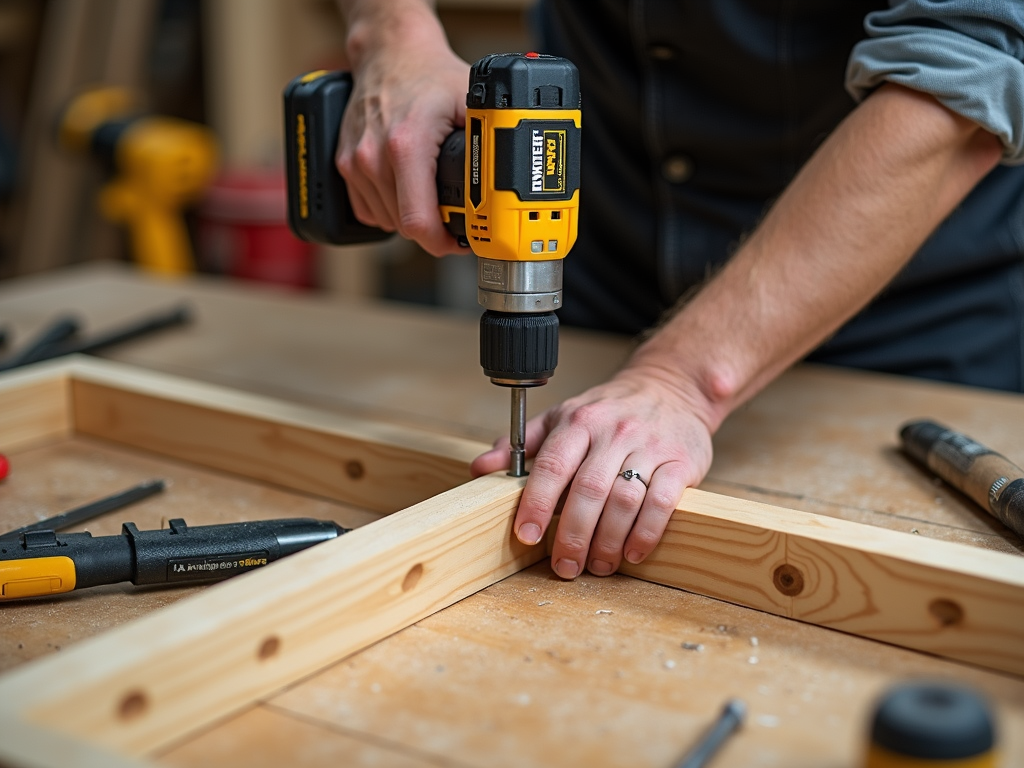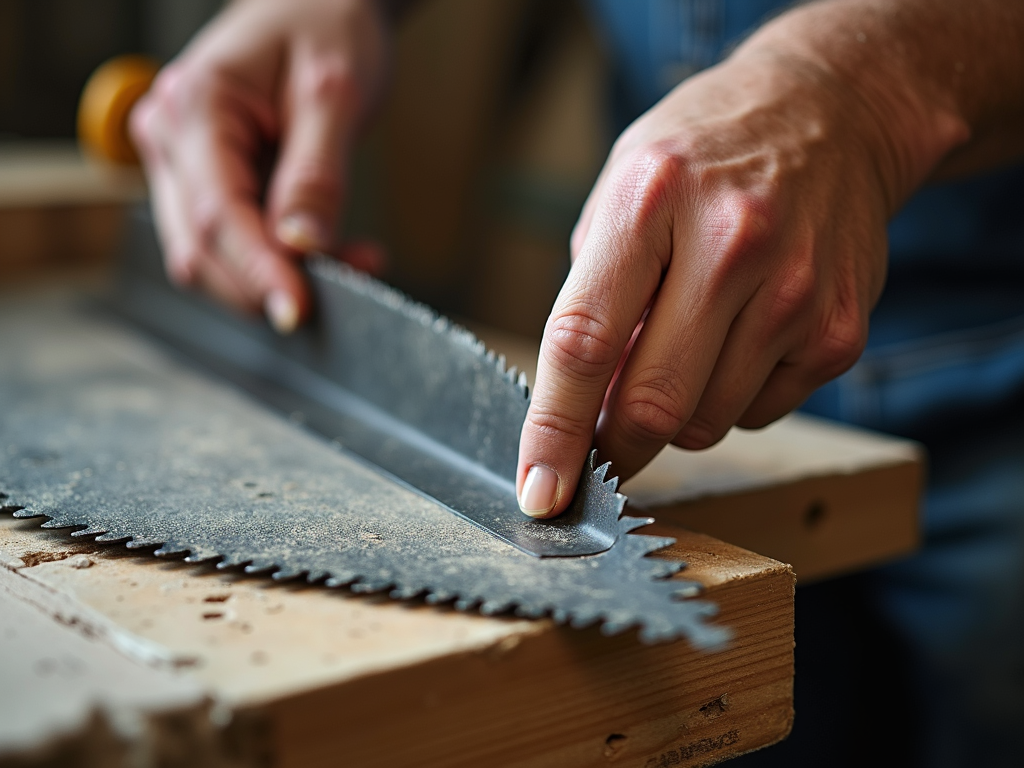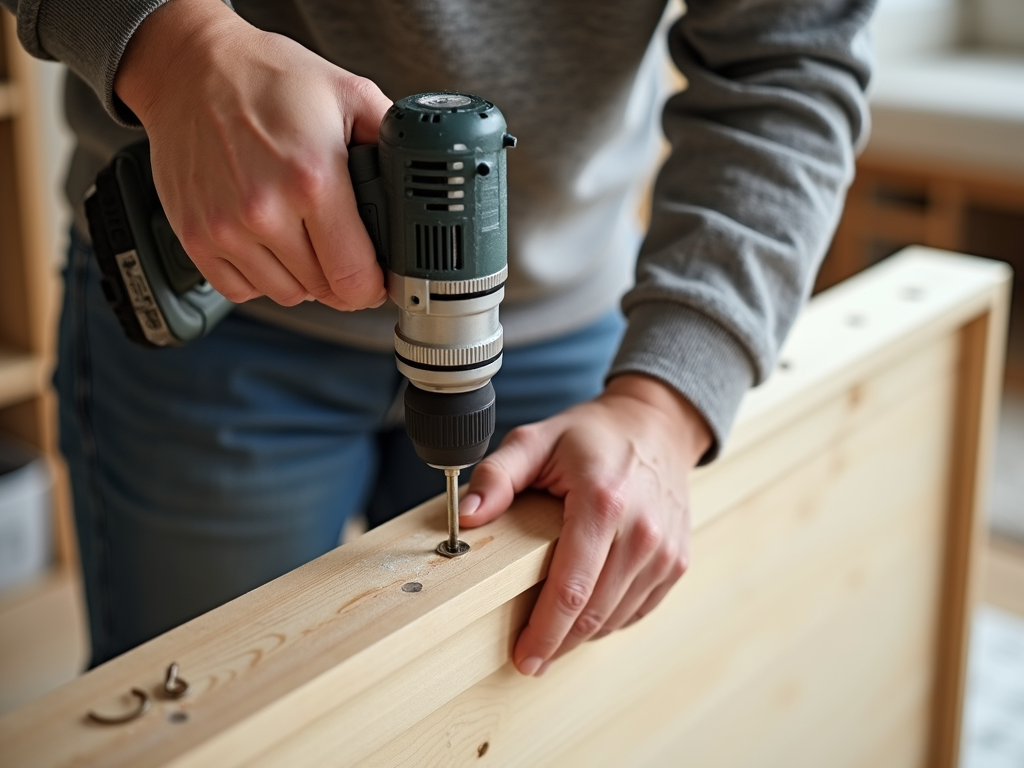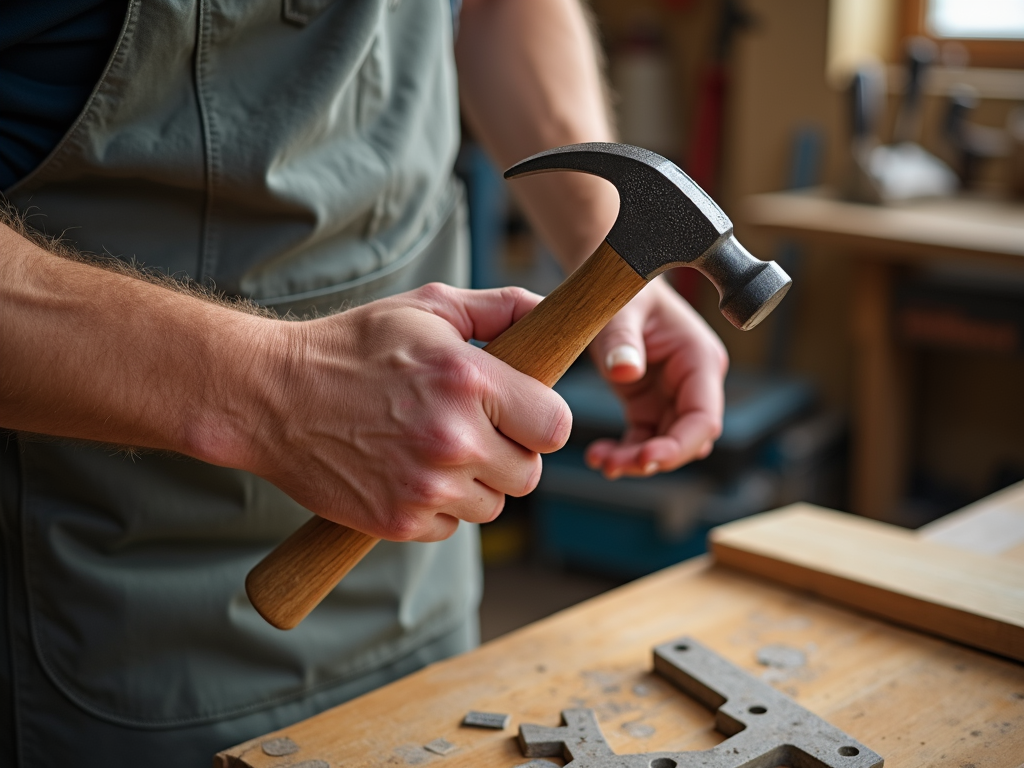Overview
As a mechanic, having the right tools can make or break your day. Screwdrivers top the list of essentials. In this guide, we’ll cover the must-have screwdrivers for mechanics, their uses, and tips to pick the best ones. Expect real advice from years of hands-on experience.
Why Screwdrivers Matter to Mechanics
Screwdrivers are the backbone of any mechanic’s toolkit. They’re simple tools, but they tackle countless tasks—tightening bolts, removing panels, or assembling parts. Without the right screwdriver, you’re stuck. I’ve learned this the hard way, and I’ll share those lessons here. Let’s dive into the essentials every mechanic needs.
Good screwdrivers save time and frustration. They’re not just workman tools; they’re your partners in getting the job done right. Whether you’re fixing a car or a lawnmower, having a solid set of screwdrivers keeps you moving forward. Let’s look at the types that belong in your toolbox.
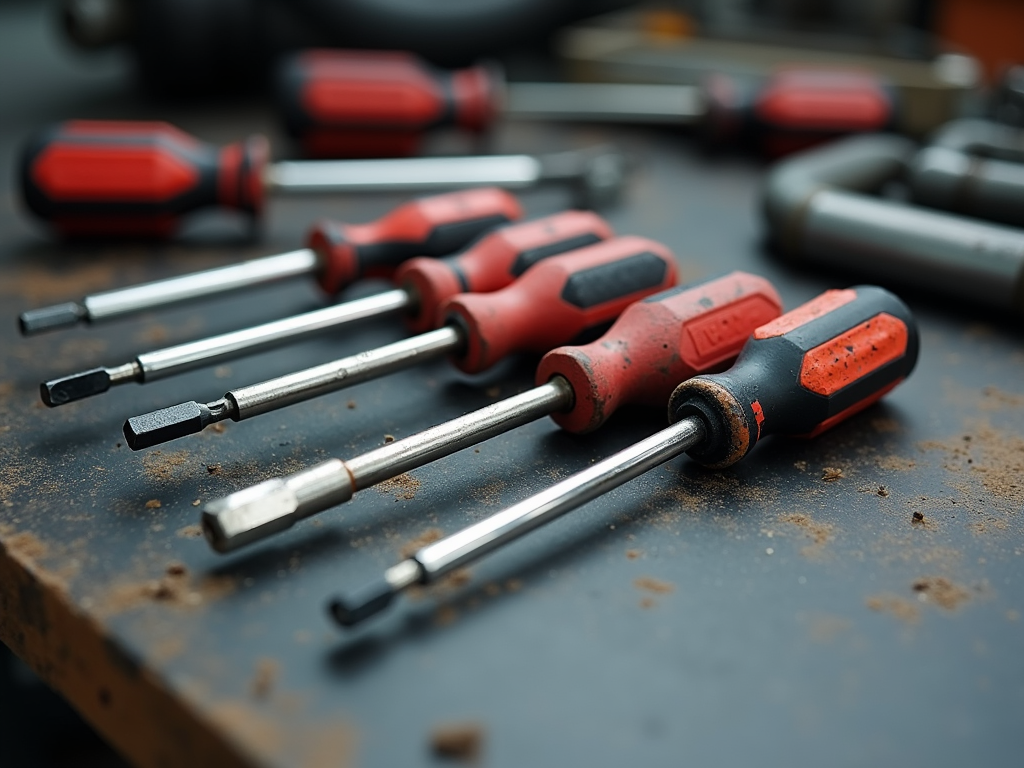
Must-Have Screwdriver Types
Not all screwdrivers are the same. Here’s a breakdown of the essential screwdrivers for mechanics and when to use them:
- Flathead: The classic. It fits screws with a single slot. Great for older vehicles, but it can slip if the size isn’t perfect.
- Phillips: With its cross-shaped tip, this one grips better than a flathead. You’ll see it everywhere in cars—think dashboard screws.
- Torx: A star-shaped tip for star-headed screws. Common in newer cars, especially for engine or interior work.
- Hex: Known as an Allen wrench, it’s for hexagonal screws. Handy for bike repairs or some machinery.
- Precision: Tiny versions of the others. Perfect for small electronics or tight spots in an engine.
Each type has its moment. I keep all five in my kit because you never know what a job will throw at you. A flathead might get you through an old truck repair, but a Torx is a lifesaver on a modern sedan.
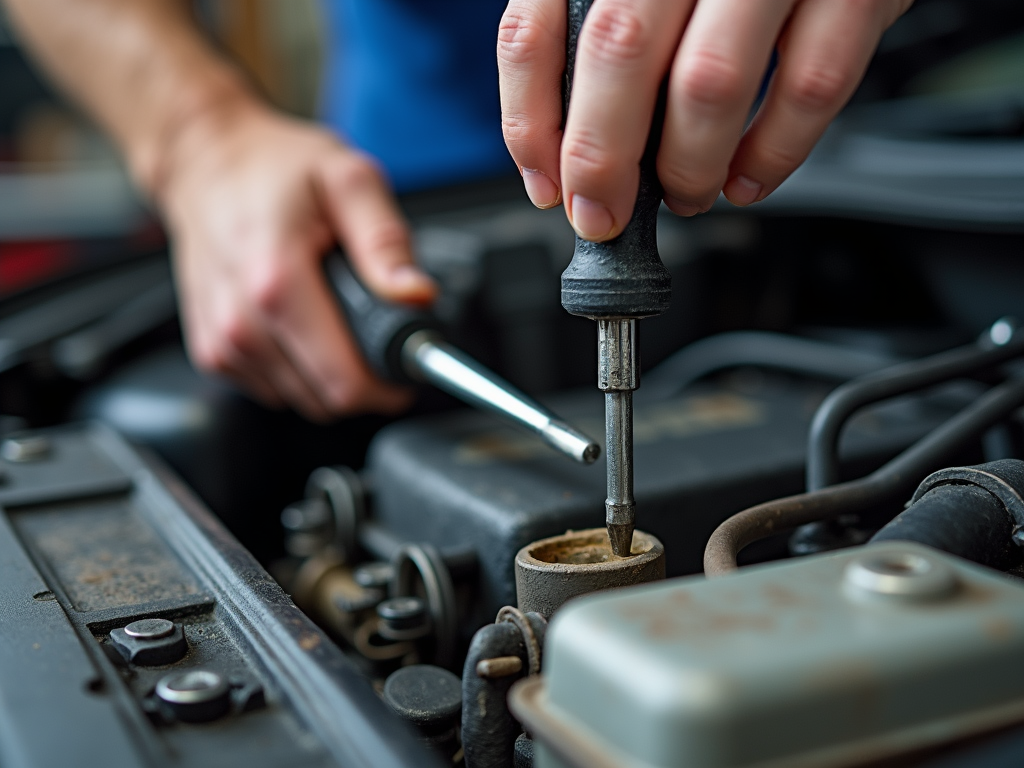
Picking the Right Screwdriver
Choosing screwdrivers isn’t just about the tip. Quality matters. Here’s what to look for:
- Material: Go for steel that lasts, like chrome vanadium. It resists bending or chipping.
- Handle: A comfy grip reduces hand strain. I prefer rubberized ones—they don’t slip when your hands are greasy.
- Size: Match the tool to the screw. Too small, and it strips the head; too big, and it won’t fit.
- Brand: Trusted names like Craftsman or Snap-on deliver. Cheap tools break fast.
Here’s a quick comparison:
| Brand | Strength | Weakness | Price Range |
|---|---|---|---|
| Craftsman | Tough, great warranty | Grips can wear out | $10-$30 |
| Stanley | Solid, easy to hold | Costs a bit more | $15-$40 |
| Snap-on | Top-notch, pro-grade | Pricey | $30-$100 |
Pick what fits your budget, but don’t skimp too much—quality pays off.
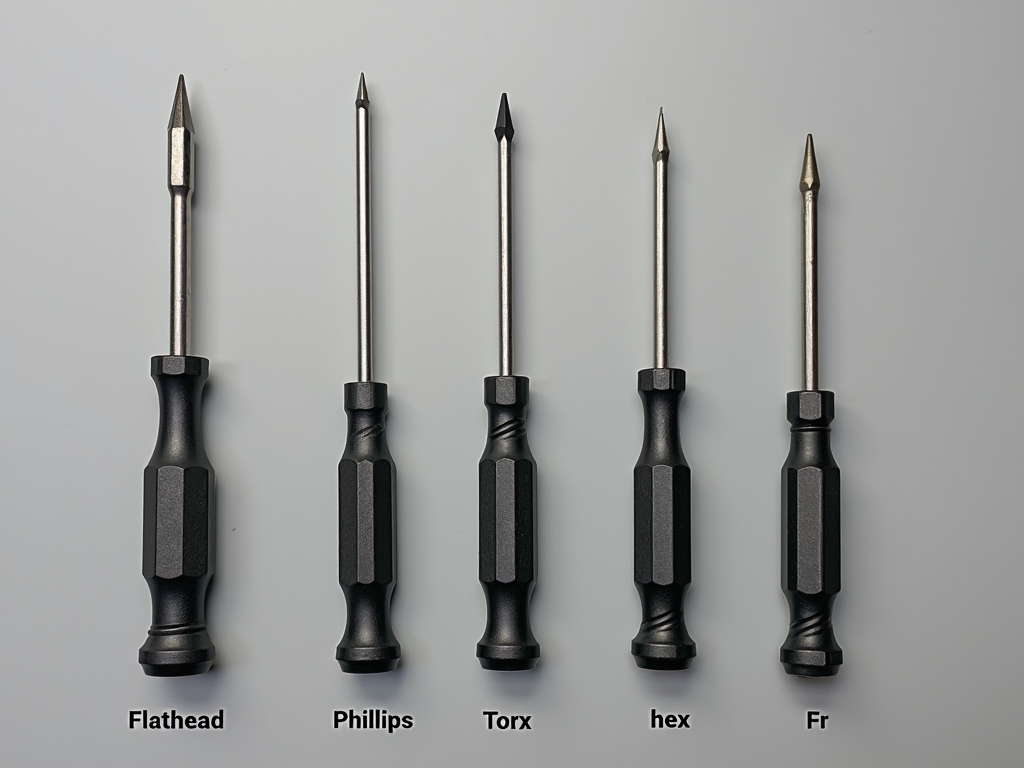
Caring for Your Screwdrivers
A good tool lasts if you treat it right. Here’s how I keep my screwdrivers ready:
- Clean Them: After a job, wipe off oil or dirt with a rag. Rust is the enemy.
- Store Smart: I use a toolbox with slots or a pegboard. Keeps them dry and organized.
- Check Wear: Look at the tips. If they’re rounded or chipped, replace them—they’ll ruin screws otherwise.
I learned this after leaving a screwdriver in a damp garage once. It rusted overnight, and the tip was useless by morning. Simple care keeps your workman tools working.
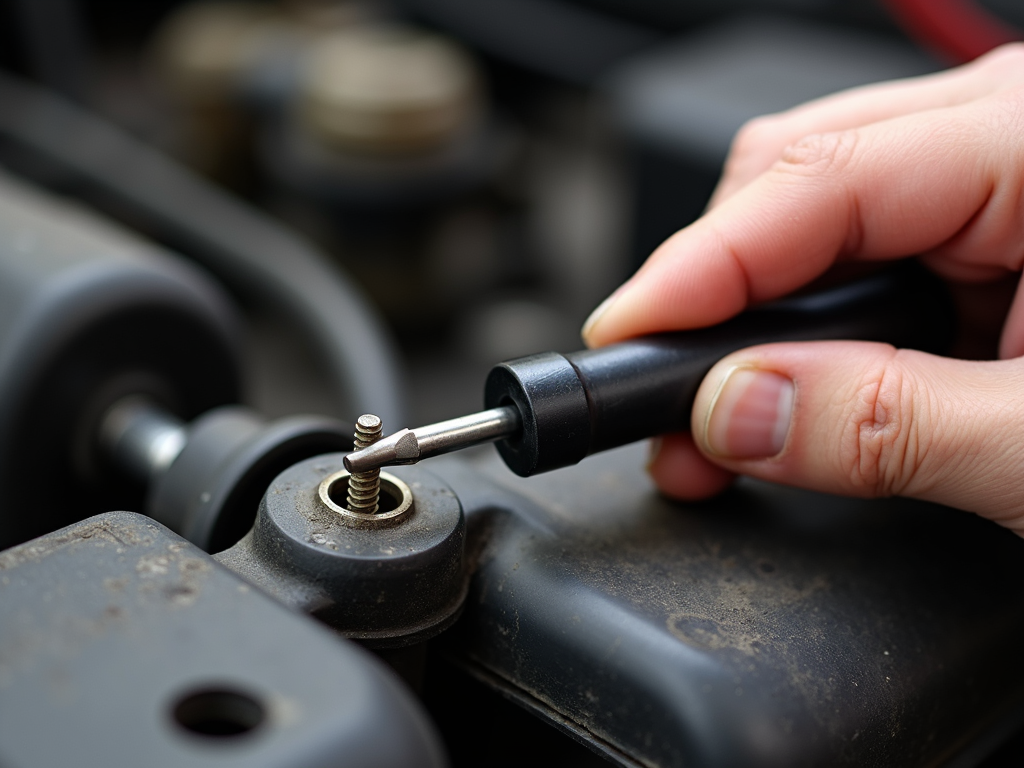
Lessons from the Garage
I can’t tell you how many times a small tool like a screwdriver has saved my day. I recall a stubborn screw on a car door that had to come off. Without my trusty Torx driver, I’d have struggled for hours. It’s these little victories that make the hard work worth it. Or that time I chose the wrong size flathead and ended up stripping the screw—never again! Quality tools, much like quality skills, come with time and practice.
Conclusion
To wrap it up, screwdrivers are undeniably important for any mechanic. They help in countless tasks, and having a well-chosen set can save significant time and effort. Remember to maintain your tools, choose wisely, and don’t overlook the value of a quality screwdriver. Your toolkit isn’t complete without them!
Read More
- Choosing the Best Wrenches for Mechanics
- Essential Hand Tools Every Mechanic Needs
- Guide to Power Tools: Tips and Tricks
- Understanding Torque: The Key to Efficient Repairs
- How to Organize Your Garage Workshop
Related essential screwdrivers for mechanics:
- Top Maintenance Tips for Extending Tool Lifespan
- Best Safety Gear for Power Tool Users: A Comprehensive Guide
- How to Maintain Your Tools for Longevity
- The Ultimate Guide to Tool Sets for Automotive Repairs
- Safety Gear Essentials for Every Workman
- How to Choose the Best Paint Color for Your Room
- Workshop Organization Made Simple
- The Ultimate Guide to Advanced Workman Tools for Professionals
- Construction Safety Basics: Essential Tips for Workers
- Mastering Advanced Brush Techniques: A Guide for Artists
- Choosing the Right Power Tools for Your Projects
- Understanding Hammer Dynamics and Ergonomics: A Comprehensive Guide
